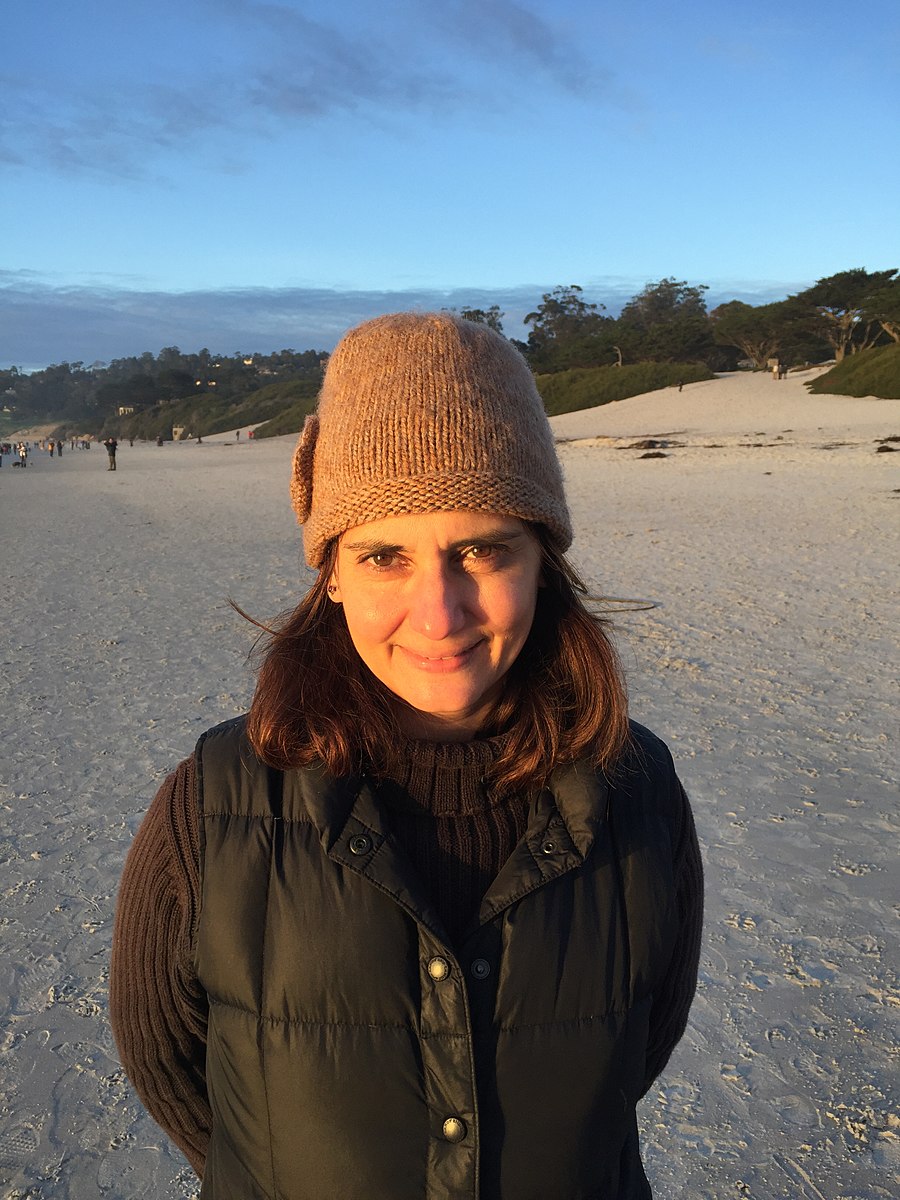Dr. Clare Talwalker is a Continuing Lecturer in International and Area Studies at the University of California, Berkeley. Last term, she taught with Wikipedia in her course, Ethics and Methods for the Global Poverty and Practice Minor. Here, she reflects on the course and why she will continue to teach with Wikipedia in future GPP classes.

File:ClareTalwalker.jpg, Ctalwalker, CC BY-SA 4.0, via Wikimedia Commons.
For ten years the students in my Global Poverty and Practice (GPP) class have done hefty literature reviews to prepare for their “practice experience” (PE) – the minimum 240 hours over 6 weeks they must complete (required but not granted course credits) with any state or non-state organization combating poverty or inequality. They research the history and social context of their PE organization and the debates surrounding it’s sector. For example, a student preparing for an ecotourism organization in Bali might research the state of fishing livelihoods and the marine environment there; and, she will research the scholarly work on ecotourism – its emergence, its strengths, its pitfalls, and its blind spots.
The work has been grueling for student and teacher alike, because guiding 20-40 students each semester through that many different bodies of scholarship is a massive task. Yet, this is important work. Grueling background research turns out to be just the brakes GPP students secretly want as they try to avoid the hubris in their desire for social change.
Early last Fall (2017), having already met the fresh cohort of GPP students, I happened to attend a Wiki Education seminar where an idea struck: why not have GPP students bring all their research to Wikipedia?! It was so exciting a thought I wondered why none of us GPP faculty had considered it before – given our own emphasis on students bringing their learning and passion to public fora.
At first, my students were skeptical. We were told to stay away from Wikipedia in high school, they told me. Why would we write for it in college?
But the semester closed out with significant additions to a range of articles. I encouraged students to add not only empirical but also conceptual material they found in scholarly sources. For example, they added:
- how the term “community health centers” emerged in the history of social safety net discussions in the U.S., to the Community health centers in the United States article;
- details of the Family Physician and Nurse program, and new Headers/reorganizing, to Healthcare in Cuba;
- a new section on research and advocacy for integrating arts in education to Arts integration; and,
- the power of inventing new terms, specifically the acronym WED (women, environment, development) to Women and the environment.
So again this semester, GPP students (>70 of them) are mining scholarly databases, using what they find to fuel up Wikipedia articles related to their range of interests. Here are three reasons why I find this so inspiring!
One: GPP students may build on each other’s work in the coming semesters, returning to some of the same articles and slowly improving many important parts of the Wikipedia universe – those focused on poverty and inequality (history, social/cultural context, debates about interventions) around the world.
Two: GPP students learn about the importance of summarizing and synthesizing knowledge in this unique public forum – of finding, clarifying and repackaging what is already researched. This is a valuable corrective to our engulfment by simply more and more information.
Three: GPP students get to collaborate with each other and with other Wikipedians; their authorship is buried under usernames and behind less-visited History tabs. This is an important lesson in appreciating the pleasure and value of joint results over individual performance and renown.
It’s now a new semester. My course is training a fresh and bigger cohort of editors who are chomping at the bit, revving to go. Reservation poverty, Education in Ghana, Seed saving, European migrant crisis, Malnutrition in India, Barangay Health Volunteers, Employment discrimination, Corporate social responsibility, Peruvian Welfare State, and more …. here we go!
If you’re interested in teaching with Wikipedia or want to learn more, visit teach.wikiedu.org or reach out to contact@wikiedu.org for more information.
